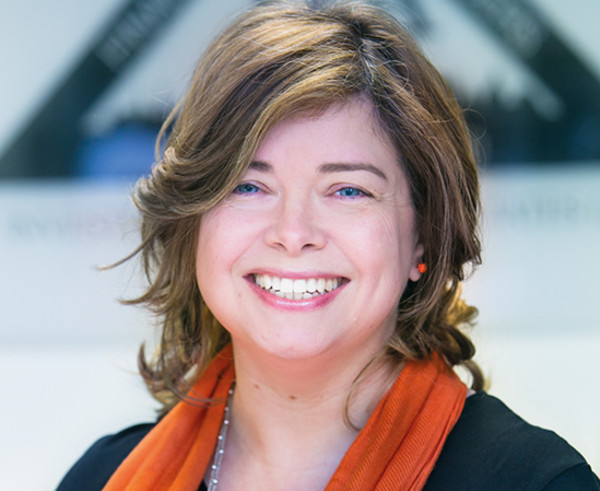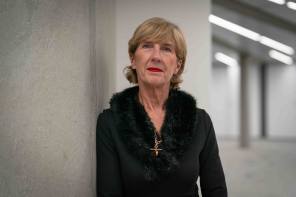

Jo-Anne Smithson has worked for Succession Wealth since it took over Investors Planning Associates in October last year.
She says one of the biggest challenges in her new role as integration director is managing the internal communications process within a business. But more broadly for advisers, a huge challenge is – and probably always will be – managing conflicting demands between a couple seeking different financial objectives.
Ms Smithson explains: “If you sit down with a client and ask them what they want out of life, often they don’t know, or if they are a couple they want different things. You have to manage those conflicts between the two halves and their conflicting demands.”
This has to be where advisers really add value, doing face-to-face advice, rather than people simply doing it using artificial intelligence. She says: “Maybe in time we will all learn to talk to robots and maybe tech will get to the stage that the robot will replace the individual, but certainly for the next 20 years people need advisers to sit down with them and work out what [the best financial plan] is for themselves.”
She agrees that AI will help people work out how they are going to do the small-scale investing, but when it comes to the big things, such as a new baby or planning a “smashing, great big wedding”, AI is not going to be able to help people make financial plans around these important life events.
A moment of inspiration
Succession Wealth was founded 10 years ago on the inspiration of four individuals who came together and aspired to create a professional services company. It focuses on the people with higher thresholds of wealth, which is broadly assets over £100,000.
But while it is right to have know-your-client regulations in place, to help focus on the client and what they want from their advisers, it is absolutely imperative that businesses “know themselves first”, which is how IPA had operated and how Succession Wealth operates. “If we have got to know our client, we need to know ourselves and what we stand for”, she says.
However, Ms Smithson did not always know she was going to be a financial adviser. In fact, her route into the industry was far from conventional. She studied geography and joined an accountancy. “Of course this is entirely where you expected a geography degree to bring you,” she jokes.
She qualified as a chartered account at Coopers and Lybrand Deloitte, now rebranded as PwC, and worked as an accountant at the London School of Theology, before moving into the financial advice industry. She became chief executive of IPA in 2011 and remained at the helm until it was taken over by Succession Wealth last year.
The reasons why IPA was looking to a suitable consolidator was a sense it needed to be “part of something bigger”. She explains: “By the time we got to 2018 we had over 30 shareholders. They were either existing advisers or they were staff or people who had worked in the company in the past and stayed on as introducers.
“Between us it was about how are we going to sustain this for the next generation. We said that there’s been so much regulation that has gone on – we survived the Retail Distribution Review and it changed the way we work. We got to the stage that actually we needed to be part of something bigger.”
Indeed, Ms Smithson says the proudest part of her career has been keeping the 50-year-old business going strong and remaining on friendly terms with the co-owners.
Looking to the future
Generally, she says, a general lack of succession planning by financial advisers is proving to be problematic. “If financial planners do not plan their succession planning, they [leave] exactly at the point at which the clients need them. They have not thought about the next generation that comes along,” says Ms Smithson.
As a result, she says thinking about how to bring in the next generation of advisers is one of her priorities. But, as she comments, the financial advice industry as a career choice still lacks recognition among young people.
“I have four sons, they are all in their early 20s and all four of them are on the path to being professionals, but not one of them is on the path to becoming a professional planner.”
On the topic of female diversity, Ms Smithson notes that the industry was very male dominated in the 1980s, where individuals who could not sell life assurance did not get paid at all. This has changed, but she says the perception that financial services is an industry for men also needs to change, so that more women join the industry.
She is adamant more needs to be done to increase female participation in financial advice roles. “From a planning perspective it is an absolutely superb career for women, because you can work your hours around it.”
Saloni Sardana is a features writer at Financial Adviser and FTAdviser
saloni.sardana@ft.com



